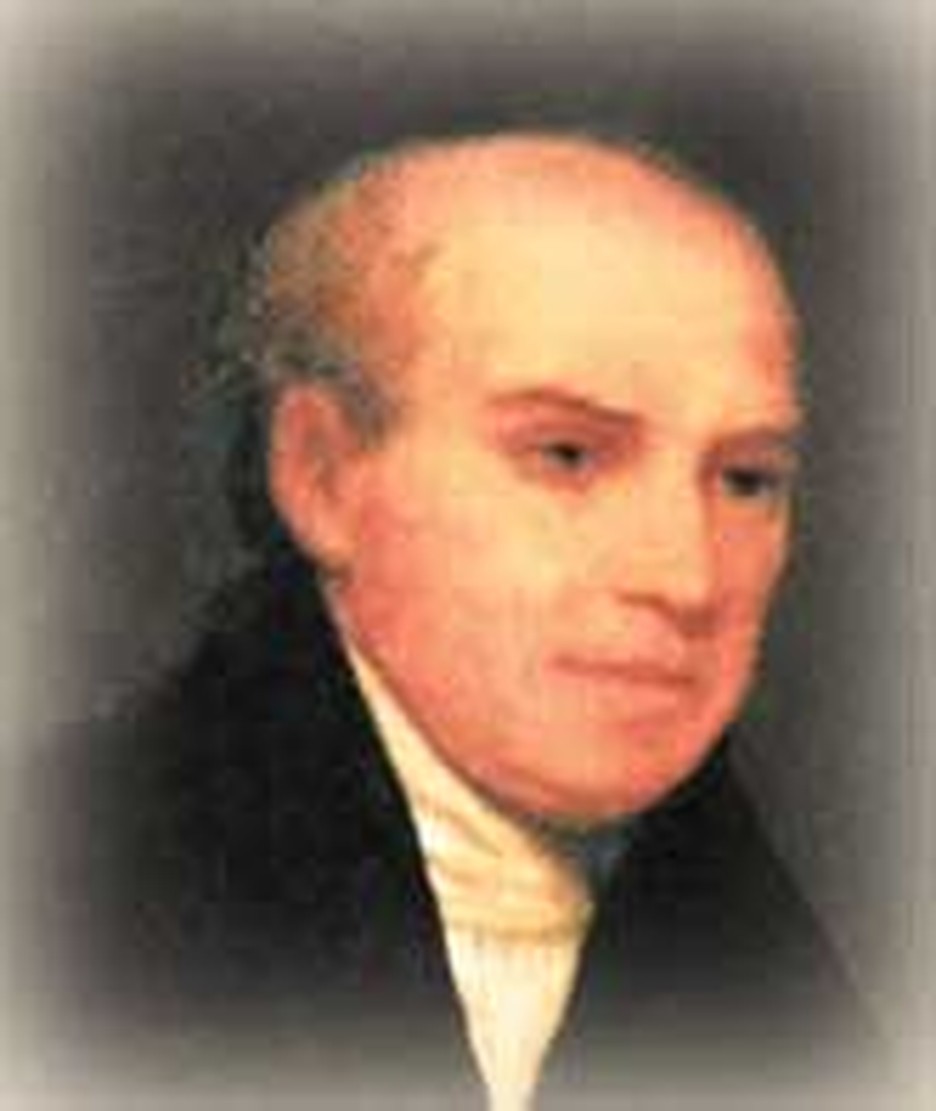
Ever met anyone whose love is so great that they would pay any price, make any sacrifice, undergo any hardship, to bring the Gospel of Christ to as many people as possible?
The Divine Mission of William Carey
William Carey was like that. As a young man in England in the late 1780s, William was obsessed with the conviction that the church must take God's Word to every nation. At this time most Protestants were not active in missionary activity. (The Moravians and their pioneering efforts were the major exceptions.)
Carey kept urging his fellow pastors to set up a missionary agency, but they always seemed to have more urgent problems closer to home. At one meeting an elder pastor reportedly snapped at him: "Young man, sit down. When God pleases to convert the heathen, he'll do it without consulting you or me."
But William Carey simply would not let anything stand in the way. The obstacles he faced were many and menacing, any one of which would have given most of us cause to turn back. A few examples:
Lack of Formal Training
William Carey did not go to school beyond the age of 12 when he became a cobbler's apprentice. He was educationally unqualified. Yet he knew God had given him a great gift for languages, and this must be used to share Christ with other cultures.
Rejection
When Carey was preparing for ordination in 1785, he was rejected when he gave his first sermon as a candidate. It took two more years for him to be eventually ordained to the ministry.
Indifference of Colleagues
William Carey's missionary concern was ignored until in 1792 he produced one of the most important books in all of church history: An Enquiry Into the Obligations of Christians. In it he argued that Christ's "Great Commission" in Matthew 28:19-20 was not just to the apostles but to Christians of all periods. It proved to be kind of the charter of the modern Protestant missionary movement. Carey showed that if Christians want to claim the comforts and promises of the New Testament, they must also accept the commands and instructions given there. Soon after the publication, he delivered a famous sermon in which he admonished Christian leaders to "expect great things from God; attempt great things for God." His colleagues formed a missionary society and sent Carey as their first missionary to India, along with a Dr. John Thomas.
Pictured Below: Portrait of William Carey

Family Tragedy
Carey and his wife Dorothy lost three small children. In India Dorothy progressively lost her sanity and could not cope with the strain of living at a subsistence level in India. They had three other young children to raise. No one would have blamed them if they had decided to pack it in and sail back home to more familiar and comfortable surroundings, but they stayed on.
Slow Results
William Carey spent seven years in India before seeing his first convert. And then there was the problem of the persecution of anyone who became a Christian because it meant breaking caste in India.
Cultural Barriers
At the time in India, there were practices that Carey had to oppose as a Christian: children were sacrificed to the gods; widows were burned alive on their husband's funeral pyres.
The Obstacle List Goes On
There was official opposition from the British East India Company which did not want missionaries in India. There was the disastrous fire in 1812 at the mission printing plant that destroyed years of Carey's translation work. There were repeated attacks of malaria and cholera, impoverished living conditions, insufficient funds to eke out even a minimal existence. Carey had to take up secular employment just to survive.
All For What?
Was it worth it? Beyond a doubt. William Carey formed a team of colleagues (the Serampore Trio) whose accomplishments elevated them to first magnitude in all missions history. Carey's team translated the Bible in 34 Asian languages, compiled dictionaries of Sanskrit, Marathi, Panjabi, and Telegu--respected even today as authoritative; started the still influential Serampore College; began churches and established 19 mission stations; formed 100 rural schools encouraging the education of girls; started the Horticultural Society of India; served as a professor at Fort William College, Calcutta; began the weekly publication "THE FRIEND OF INDIA," (continued today as "THE STATESMAN"); printed the first Indian newspaper; introduced the concept of the savings bank to assist poor farmers. His fight against the burning of widows ("SATI" ) helped lead to its ban in 1829. We could go on if space permitted, but you get the idea. Equally important is the vision that Carey raised for missions. William Carey's life inspired tens of thousands to give themselves for the spread of the Gospel.
|
Gratefully Remembered |



